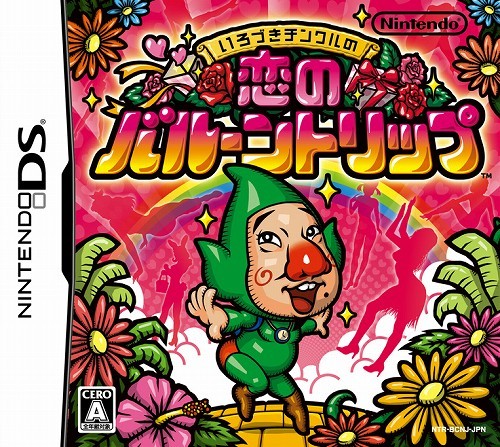Ghaleon, I was going to write this in a PM, but I fear that I wouldn't be 'getting it'. I am unlikely to ever play this game, but I've spent an hour and half reading your essay here and watching videos, lining up music to have in the background as I keep going.
Its games like this, and people like you, that mean I will never lose faith in videogames. Moon appears like a creative critique of its form, heavily emotional, but redolent with respect for the means by which the craft comes to be. In film terms, people might be tempted to compare it to Bresson or Chris Marker's La Jetee, but this essay was the only way to make clear that it is so much more than that.
The core of altruism which the game displays (and you display to us in your generosity) is more than just a neat curl that tries to reverse game dynamics, or a philosophical finger-point.. its a voice coming out of the history of games, all games, where those who don't enjoy play are given games in which to dominate - the dopamine treadmill you talk about. Its so frightening to see even the very best game designers today, and the very best games, (I use best loosely, but its clear that flower and thatgamecompany generally are amongst the best, for example) are not building on work like LOL or Moon, but attempting to build something good from nothing in the face of a truly degenerate computer game culture. My fear is that the great artistic thinkers of games these days could end up learning the wrong lesson from game history, and just make those some loot drops, overdrives and brutal kills with a different setting because that is instrumental game design - good in the same way that shot/reverse shot is good, not good as in Max Von Sydow in The Magician (1964) is good.
I want to give something back, if I can - that you should never give up, and always press on with essays like this. I would consider approaching somewhere visible to promote interest in the game, perhaps with this essay. I say this not because I think oh you have to promote the game, no you don't, of course. But this essay does what so much 'games journalism' could have once. I want to slap people who diss Tim Rogers, because in the words of Minor Threat, "at least he's fucking tryiiiiing, what the fuck have you dooooone". No, you should consider this because this essay is in itself, a quality object with a history and a heart and its got a core of altruism that can transport people. If you don't feel like this is something you can do, then ask one of the many published game journalists / writers here for help - anybody who isn't shit will want to help.
But regardless of that I also wanted to say that a new day is coming. The industry is going to get more and more commercial, for sure, and the parade of stupidity across its genres is going to get worse. But games culture isn't just fandom, auction blocks, industry and cosplay. On the periphery, you are beginning to see institutions look to videogames for museum artifacting, for cultural history. When these places really move off the blocks, they will begin to do things like translate games from Japan and clear soundtrack rights for re-release - working with the people who'll make a bit of coin in the process - because its what those institutions have always done. This is the sort of videogames work that interests me the most, and I think about what else might be possible along these lines rather than letting happy memories be locked in a cabinet.
Finally I found the most touching part of the essay to be about the durational quality of games these days; perpetual labour camps for the autist masses, or blipvert handjobs by 'game entrepreneurs'. To get to a point where honest, kind-hearted people with histories of gameplaying tout Bioshock as anything more than the demented rant of a undergraduate right-winger produces more sadness in me than the latest adventure of Gears of War starring Tom O' Finland or the indifference paid to exceptional games on the fringes of contemporary production.
So thanks for a great post. I will now go but Little King's Story.


